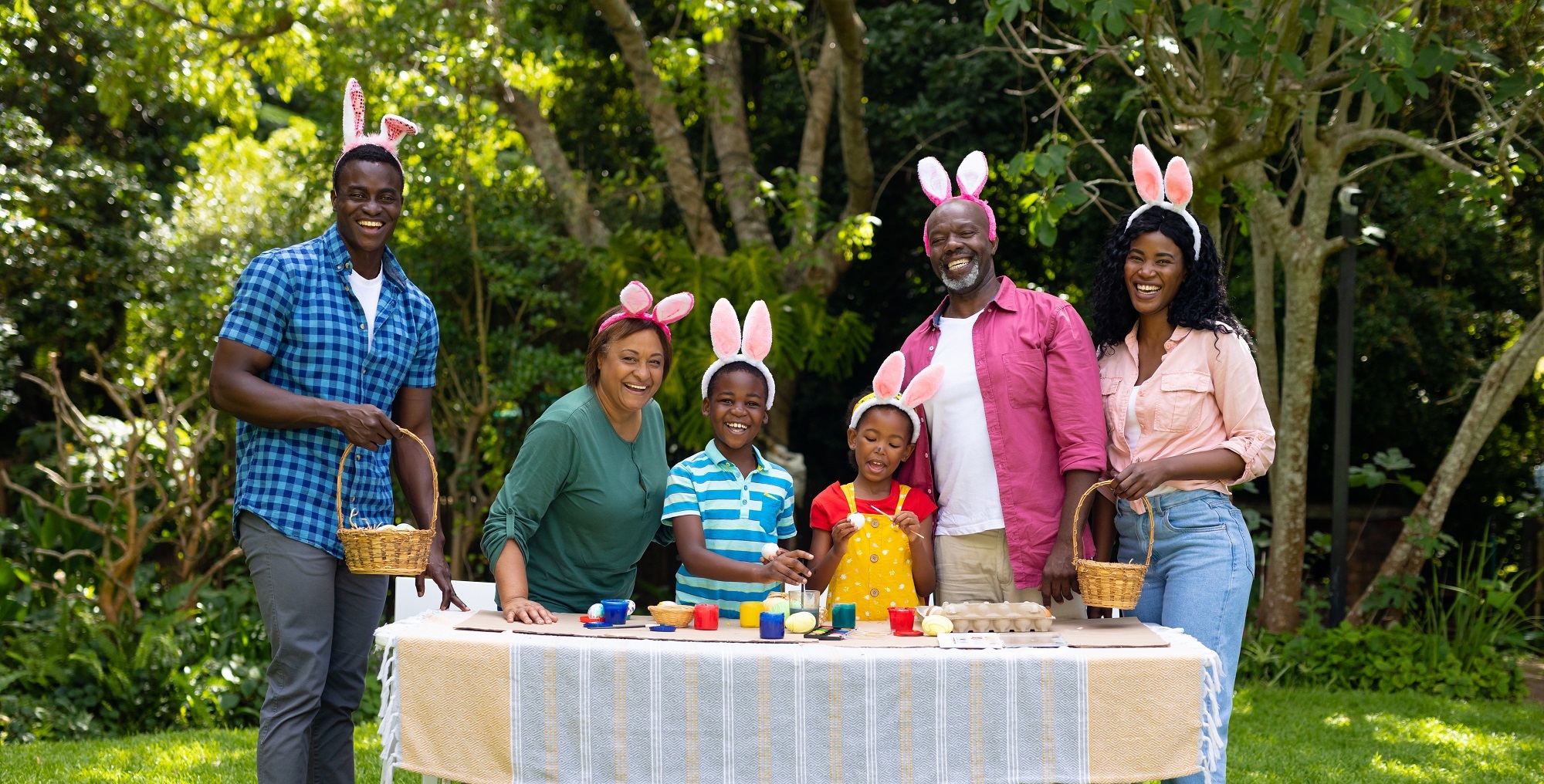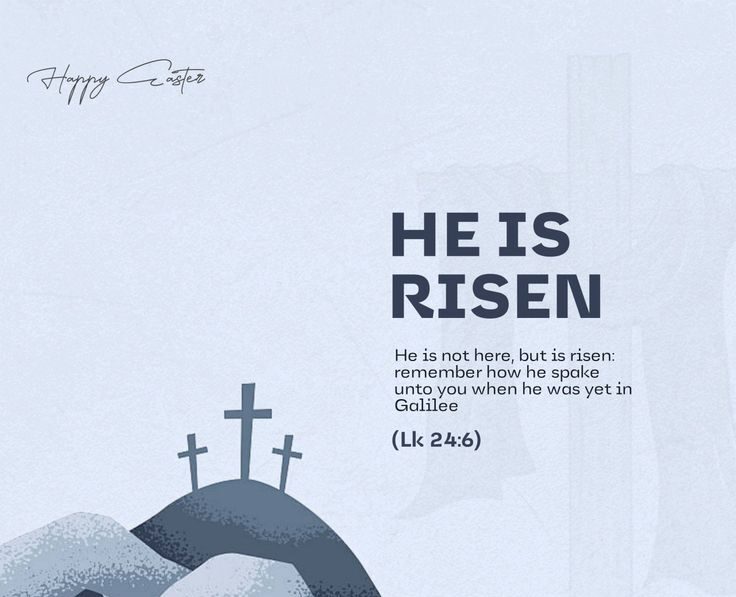DAVID MURIITHI: Exceptional Creative
David Muriithi, 44, is the managing director of the Creative Enterprise Centre, a regional capacity building centre that aims to enhance professionalism and turn dreams into business realities in the
David Muriithi, 44, is the managing director of the Creative Enterprise Centre, a regional capacity building centre that aims to enhance professionalism and turn dreams into business realities in the creative industry in Africa. David, also known by his deejaying alias, DJ D-lite, has also worked in Kenya and the UK as an auditor, talent and event manager and music promoter. He talks to EDNA GICOVI about his successes in the entertainment industry and raising a family.
David Muriithi smiles and waves at us as we pull into the expansive and well maintained compound of his beautiful Loresho home. He cordially welcomes us and his three children introduce themselves as we walk into the house. Muriithi, the eldest among them, brings the photographer and I some juice. David asks Muthoni, the youngest, to ensure that the boys are ready for the photo shoot afterwards and kisses her as we head to his study room to carry out the interview.
LESSONS FROM HIS FATHER…
“I won’t pretend. I come from a well-to-do family. My late father was a wealthy man but his was a rags-to-riches story. He was a self-made man, hard working and fairly uneducated. He was abandoned by his father early in life, brought up by my late grandmother and started off from the trenches before working his way up as an entrepreneur. He was a real hustler!” says David animatedly.
Though his father passed on about 10 years ago, his ideals still live on in his sons. He implanted in David and his siblings humility, discipline, and an impeccable work ethic. “While people may say that I was born with a silver spoon in my mouth, the spoon was taken out very early on. My father ensured that my siblings and I knew the value of hard work by working in all of the businesses he ran. I remember working in our coffee farm from as early as when I was seven years old. There was no free pocket money; we had to earn it,” he says.
David is the fourth of five children, though his only sister passed away a few years ago. He loved music from an early age, a trait he attributes to both his parents. Even with this artistic, free-spirited side to him, David always excelled in school scoring straight As and was a prefect for most of his school life. In his second year of high school, his father sent him to study in the UK, where he excelled in both his ‘O’ and ‘A’ levels before proceeding to the University of Manchester for a bachelor of arts degree in economics, accounting and finance option.
INDULGING HIS CREATIVE SIDE…
David enjoyed his life in the UK. In his first year of university, a few of his friends started a band. Being the social secretary at his hall of residence, he was able to get them a hall to practice in. Later on, he got them a chance to perform at a nearby pub. “The band was really good and people loved them. The band kept being invited back for a performance and the crowd that came to see them grew bigger and bigger. By the fourth week, there were queues of people around the building who had come to watch them perform,” he says.
The band won a Battle of the Bands competition, a contest in which all the Manchester student bands compete for the title of best band at the end of each year, and was eventually signed by a reputable record label. This is essentially what set off David’s career in entertainment, and specifically in artiste management and event organizing.
“That was my first experience at managing a band and I got quite good at it. After that, a lot of bands started approaching me,” he says. He was still in his first year of university when he set up his first company, F/X Promotions, that organised events and promoted gigs. At the same time he was also learning how to deejay having once deejayed at a local pub when the local regular deejay was away and the revellers enjoyed his mixes. He continued to hone this skill and eventually got a slot on Friday nights, in addition to more opportunities to deejay elsewhere. In less than six months, DJ D-Lite, as he is known, became one of the most popular deejays in and around Manchester at the time.
David stands and walks around the room to show me his extensive collection of old records, which are stacked in several shelves and some in boxes under the shelves. There’s also a gramophone, a pair of speakers he bought in Manchester in 1988, turntables and other music-related paraphernalia. An old framed picture of David in graduation gear where he bears a very strong resemblance to his oldest son stands on a shelf next to his records.
“That’s proof that I actually graduated,” he says. Interestingly, his studies barely suffered even after the large amount of time he spent on his business. He graduated with a second-class honor.
“I’m lucky to have travelled and lived in the UK and to have found my artistic expression a lot earlier than many people do,” he says adding that his time in Manchester sharpened his creativity and made him realise that he not only had a lot of talents, but also that he could grow other people’s talents. After his graduation, he moved to London and got a ‘serious’ job with Ernst and Young, a multinational firm that provides assurance, tax, consulting and advisory services to companies, as an auditor. He worked there for a few years before returning home 1995, having spent about 12 years in the UK. He continued to work at Ernst and Young at their Kenyan office following his return.
After being home for a while, his creative side started to gnaw at him. He ignored it for some time, reasoning that he was newly married and that leaving a stable job to venture into the uncertainty of entrepreneurship was an unnecessary gamble. When he could not suppress it anymore, he broached the subject with his wife, who was amazingly supportive.
He then registered Sunset Promotions, a company that did event organising and talent management. Among the notable events Sunset Promotions planned are the 1997 Kisima Awards and the Simba Salon Star Search Competition. The company was also subcontracted to organise the launch of Safaricom in 2000.
Amidst running this company, David teamed up with renowned music producer Tedd Josiah. He would manage the artistes recorded and produced by Tedd. What started like an informal partnership between Tedd and David birthed Audio Vault, a record label studio, event and talent management agency, in 1999. A third partner, Mike Rabar, a reknown Kenyan DJ and sound engineer who founded Homeboyz Entertainment, joined them.
Audio Vault was a successful outfit, recording hit songs like GidiGidi MajiMaji’s Unbwogable and Atoti, Ndarlin’ P’s 4 in 1, Suzanna Owiyo’s Kisumu 100, and Nameless’ Megarider, among others. It transformed into the region’s leading entertainment company, later encompassing a sound consultancy division. “I believe strongly that we were partly responsible for the rise of urban music in Kenya because we helped nurture many young artistes,” says David.
CREATIVE ENTREPRENEURSHIP…
In early 2003, David left the entertainment industry to run a family property business that needed his full time attention following the death of his father. To date, he is involved in the running of various family businesses. Not one to stay away from his creative side, he formed Music Sans Frontieres (MSF), a regional arts trust whose main focus was formulating and implementing various capacity building strategies to enhance professionalism within the music industry in East Africa, in 2003. “Having had a lot of success in the creative arts, I realised that I had a huge responsibility to help replicate what I had in other people,” he says.
He did a number of capacity building programmes in the country and around East Africa through MSF. This usually involved business skills training for musicians. With time, David realized that all creatives, not just musicians, needed these skills. “We’ve seen a burst of creativity in Kenya. Parents are encouraging their children into music, and careers like acting and music are taken a bit more seriously now. But for all the ones that we see making it, there are many more who are not making it because they don’t have the requisite skills. I want to fill that gap and give as many creatives a chance to make a sustainable living out of their art,” he says.
MSF later evolved into the Creative Enterprise Centre in 2008 and now encompasses all creative work. David continues to train creatives across Africa on all aspects of business including business development, financial management, marketing, human resources, and intellectual property, both individually and at times in partnerships with various organisations and governments.
Last year, David was appointed to the Kenya Music Copyright Board by the attorney general. “Intellectual property is at the heart of creating a livelihood for creatives. If they don’t understand where their rights lie, then they won’t register them and exploit them,” he says. Among his other involvements in Kenya’s entertainment industry, David was a radio presenter at Capital FM in 2006 presenting Golden Sundays, a retro music show. He was also a judge on the first Tusker Project Fame talent reality show in the same year. In addition, he is the regional agent for celebrated South African trumpeter, composer, and singer, Hugh Masekela. Though he stopped deejaying actively, DJ D-Lite has a regular spot at Mercury Lounge, an up market entertainment spot in Westlands, every Wednesday where he plays 80s and 90s music.
“I’m a real creative. I have to be passionate about what I do or I will not do it well. I have to believe in what I do. Life’s too short to do something you’re not passionate about,” he says when talking about what drives him. Although he is happy to have left his mark in the creative industry in Kenya, he would also like to leave business-minded creatives in Africa.
MARRY SOMEBODY WHO SHARES YOUR VALUES…
“My earliest memory of her is pushing her on a swing when I was nine. That’s when I developed a crush on her. Unfortunately, her memory of us meeting is not as strong as mine,” David says light-heartedly about his wife Susan Kiama, a human resources specialist. The two lost touch when younger and reunited in the UK where they both studied. “That’s where we developed our relationship. We came back home roughly around the same time and got married in 1996,” he says.
“Marry somebody with whom you share similar values and particularly one who you can communicate with. Communication is everything! It sounds cliché but it is very true,” says David adding that if you can’t communicate, you can’t plan together, share in each other’s dreams or properly support one another. “You end up becoming flat mates,” he says.
Instilling joint values in children is another key component of a marriage according to David. He stresses the importance of having a common front and being in agreement about the values you both want instilled in your children.
“You may have your individual values but collectively, as a family, you need to have a strategy,” he says. He adds that just like a business, a marriage needs a strategy. A marriage also needs to be audited annually if possible. “You have to audit your marriage to keep it alive. Every marriage evolves with time. What you started out with changes with time because you’ve had different experiences,” he says. “We’ve had our challenges, who hasn’t? All in all, I’m lucky to have a very supportive wife,” he adds.
David and Susan have three children, Muriithi, 15, Murenga, 12, and Muthoni, six. He is very passionate about his children and prefers that they see him as a friend, primarily, even though he instills a lot of discipline in them. At the time of this interview, his children are home for the school holidays. “I’ve given them this week to relax and do whatever they want but from next week they start studying, at least four hours a day. They also have assigned chores to do every day,” he says.
He loves being around his children as they keep him young. They joke and laugh a lot together. He is happy that he currently works from home as it gives him more time to be around them. “I’m actually much more accustomed to home life than my wife,” he says with a soft chuckle. “This is mostly because she has had a long corporate career while mine has been more flexible, which has worked out well for us,” he adds.
Creatively, David thinks his daughter Muthoni takes after him. “She loves music much more that the other children and loves to dance. My wife and I have encouraged all of them in the arts,” he says. In his free time, David enjoys connecting with others on social media, cooking and photography.





